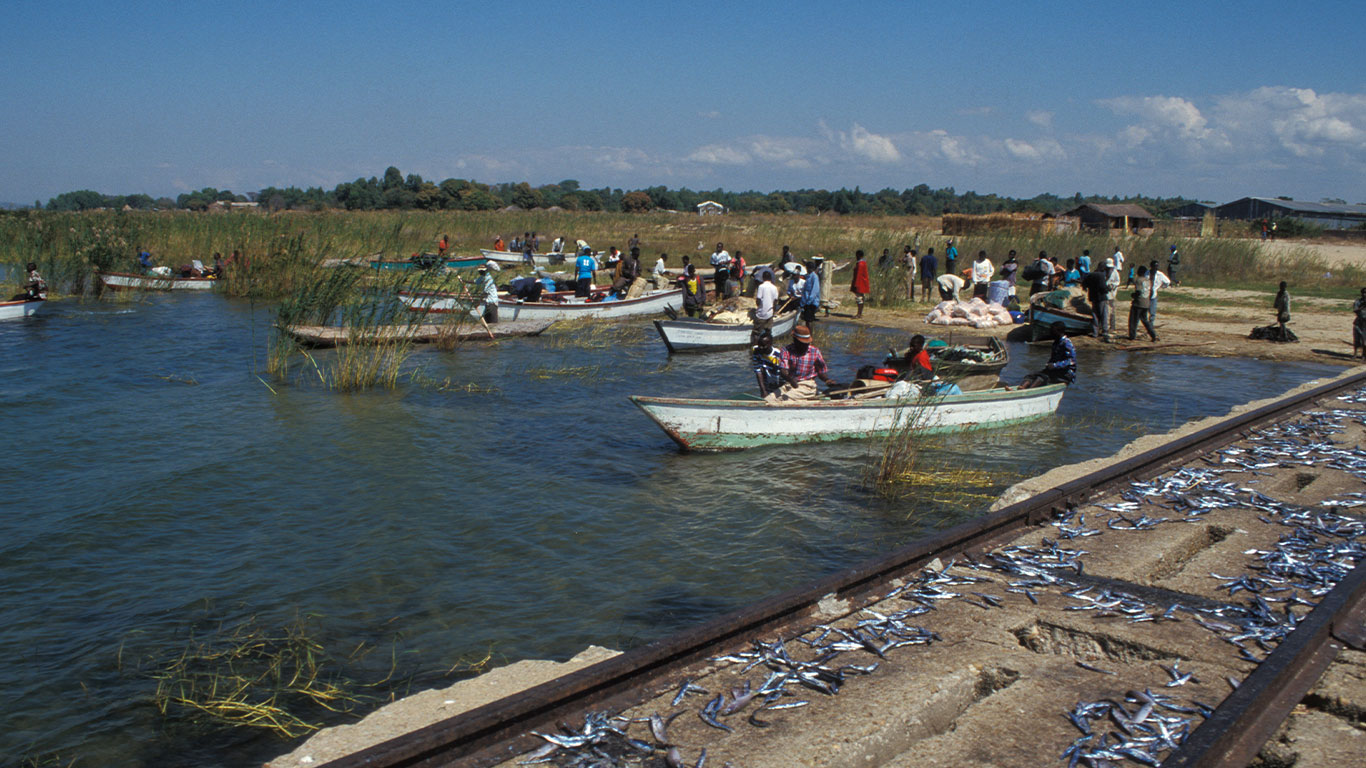QUESTIONNAIRE ON THE SUSTAINABLE USE OF WILDLIFE
Thank you for your interest in our questionnaire, however it is now closed. If you would like to learn more about our work, then please use either the menu above, or links to social media channels below.
